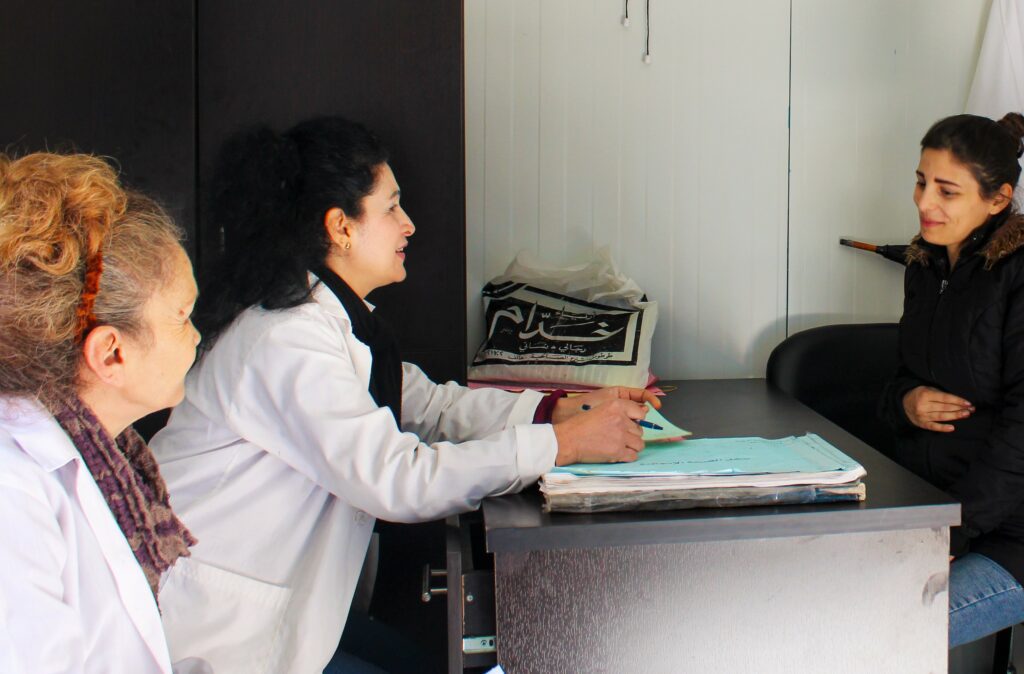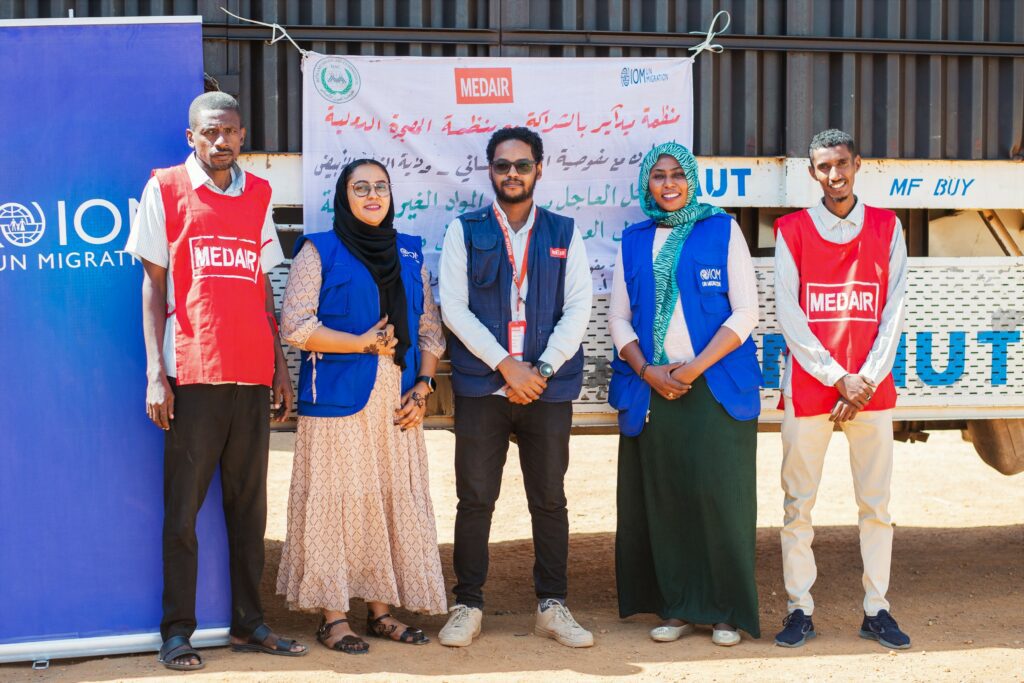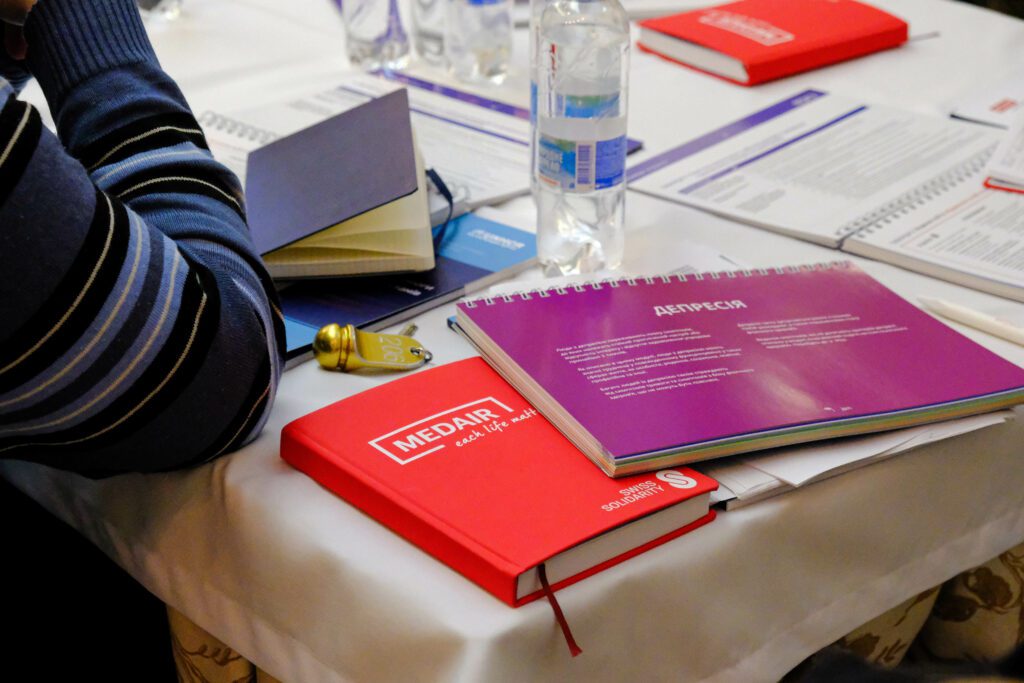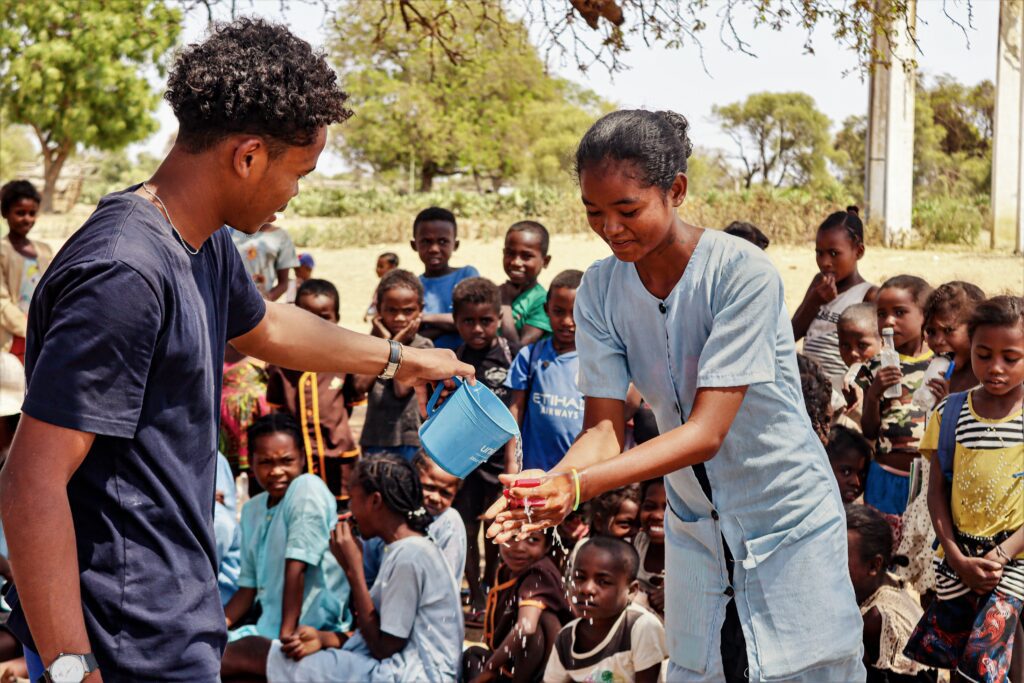These clusters are called ‘informal settlements’ and this view is repeated across this country – there are more than 6,000 settlements that are home to over 300,000 people. In total, Lebanon hosts more than 1.5 million refugees.
I’m taking a moment to breathe – a pause during frenetic weeks of contingency preparations. We’re at the beginning of a full-on emergency response to the arrival of Coronavirus. As of now there are 267 reported cases in Lebanon. Thousands of people are living in overcrowded conditions and the health system is already overwhelmed. The impact of coronavirus could be catastrophic.
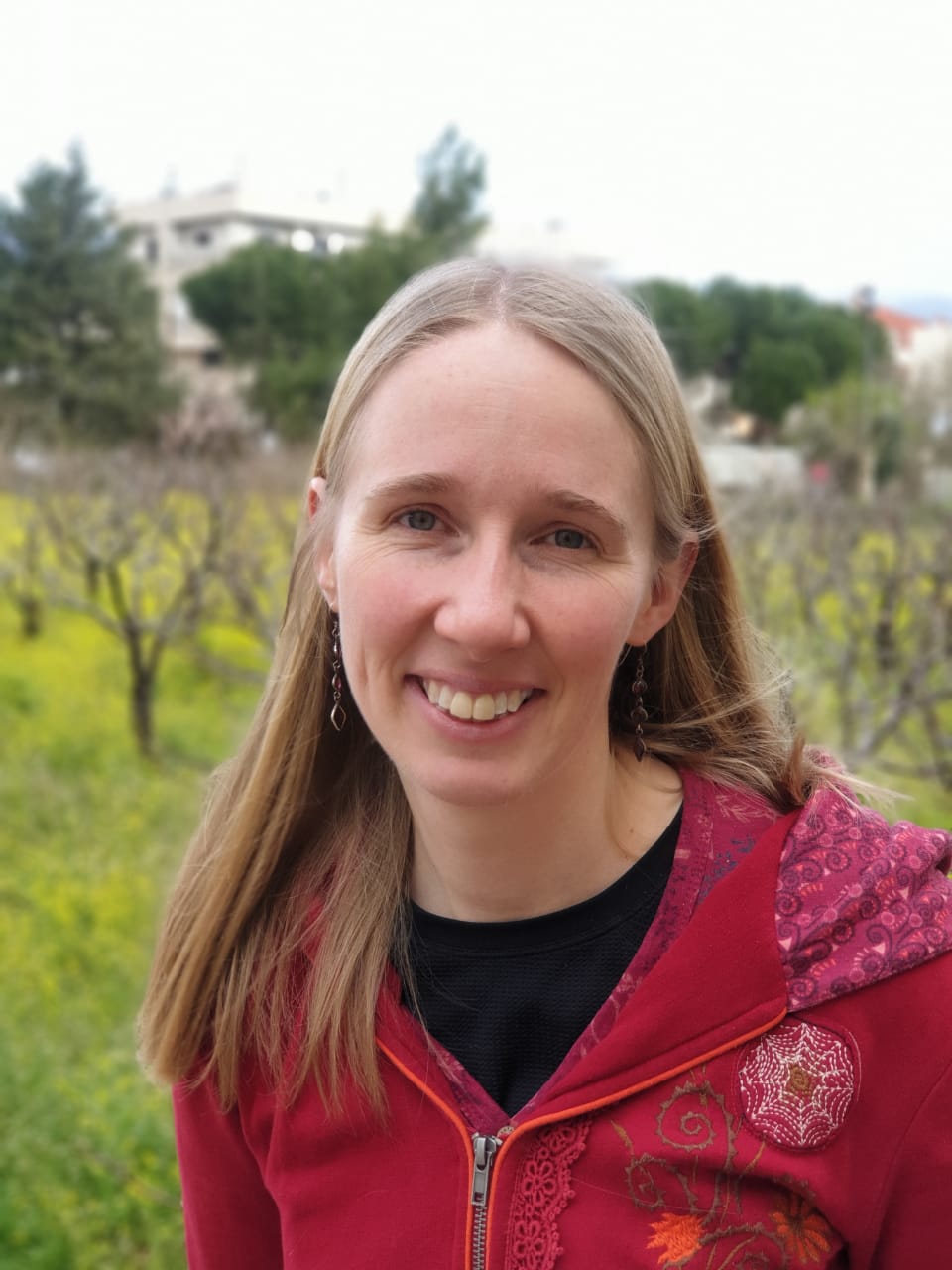
Anna Chilvers, Project Coordinator in Lebanon
I am the Project Coordinator for Medair in the Bekaa Valley. I lead a team of 70 people providing shelter assistance and health services to Syrian refugees and vulnerable Lebanese. A big part of our work is mapping the informal settlements so vulnerable people can receive help. We regularly meet as a Risk Management team to ensure that we are caring for our staff and coordinating our response to the evolving emergency. In recent weeks we have implemented the necessary hygiene protocols, procured protective equipment like masks and gloves, started responding and kept in close communication within the team and with other organisations. Last week we determined it was time to begin working primarily from home, continuing only with critical visits to the field. Just hours after we made this decision, a storm ripped through the valley and in the following days six of our staff followed up on nearly 200 calls from people whose tents had been blown over and damaged. We gave out emergency shelter kits to help those families rebuild. We are also continuing to support the clinics – illnesses and pregnancies still happen regardless!
Fear and panic surrounding this disease can be more contagious than the virus itself. Rumours and misinformation travel fast, and amongst the voices spreading anxiety, we have tried to be a truth-based anchor for our staff and our communities. I’ve been aware of Jesus’ words in Matthew 6:34 “Do not worry about tomorrow, for tomorrow will worry about itself. Each day has enough trouble of its own.” I used to think that was a really depressing verse – now I realise that it actually frees us from worrying about problems that aren’t here yet. We will meet today’s problems with joy and strength, and take the actions that we can do now; everything else is for God to take care of; it’s His problem and not ours!
In between coordination meetings and determining how to continue essential services, we’ve sat down with each of our local staff. We’ve asked each one what they are able and willing to do should we directly assist people infected with Coronavirus. Some roles come with higher risk: monitoring people within an isolation centre, or transporting patients. Others are lower risk, such as data collection or answering the hotline. Some of our staff care for elderly parents, others have medical conditions themselves. I’ve been so inspired by those conversations: some who simply said “I’ll do anything”, and the staff member who responded “We’re nurses. If we don’t help, then who will?”
Four of us are international staff and we have all made the decision to stay and do what we can here. We know that we might be stuck for a few months, away from our families. We’ve accepted that we may well get Coronavirus. We have considered that people we love might be badly affected whilst we’re far away. Despite all this, it felt an obvious choice to stay.
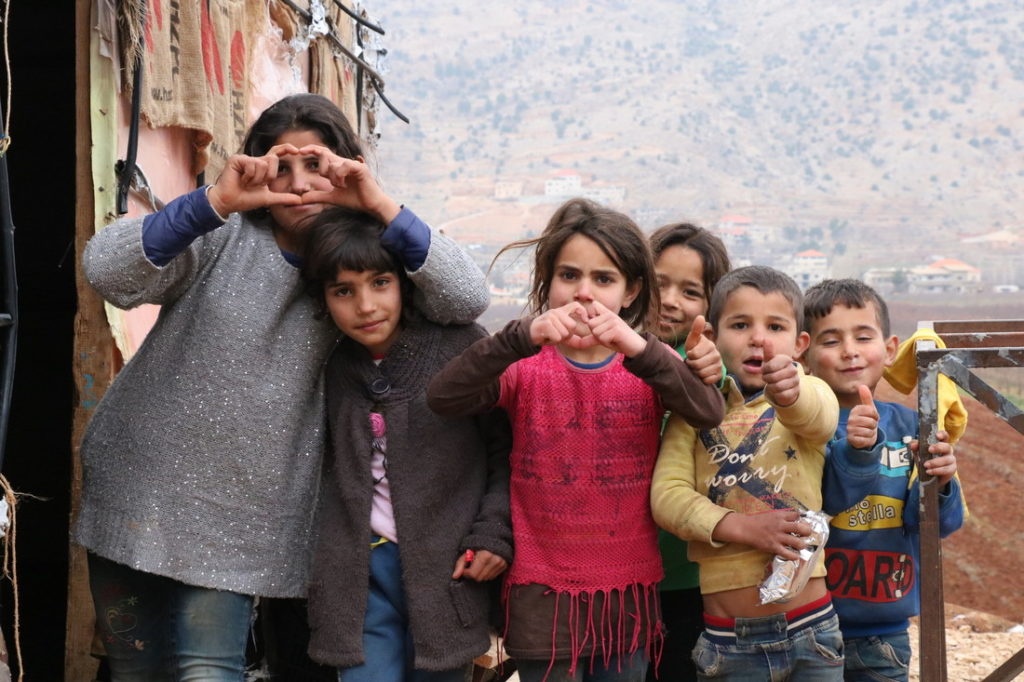
Syrian refugee children we met during an emergency response, November 2018.
There’s a sense of purpose that we’ve all felt; we know that God has called us here, and that this is where we need to be.
I ended our last team meeting by saying “We are humanitarians. Our mission and purpose is to relieve suffering and to save lives. That might look different over the next few months but our purpose hasn’t changed. I’m proud of our Medair team.” I really am.


